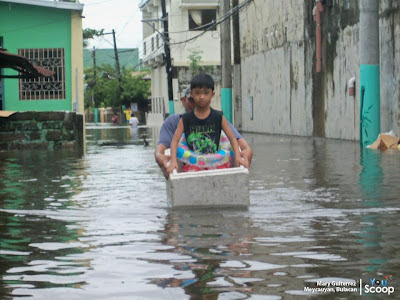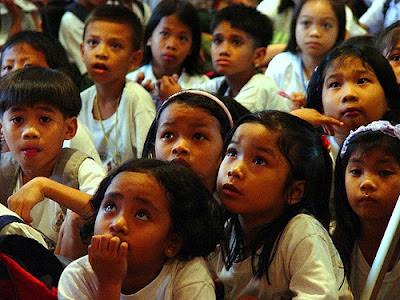Does DepEd Need PAGASA? A Tale of Two Visions

Forecasting is difficult. There are so many variables necessary to predict the future. While the United States has the National Oceanic and Atmospheric Administration (NOAA), the Philippines has the Philippine Atmospheric, Geophysical and Astronomical Services Administration (PAGASA). One acronym sounds like a character from Genesis while the other is the Tagalog word for hope. This maybe appropriate since, for some, hope is actually a readiness to whatever may happen in the future. Downloaded from http://www.facebook.com/YouScoopGMA Reforming education is in a way similar to the challenges faced by climate and weather forecasters. The phrase "21st Century Learning" connotes tailoring the schools to meet the anticipated needs of the new century. Education is indeed very much about the future. Reforming education thus requires a vision. DepEd's K to 12 is advertised as a response to what other countries have done with their basic education. The claim of being lef...




